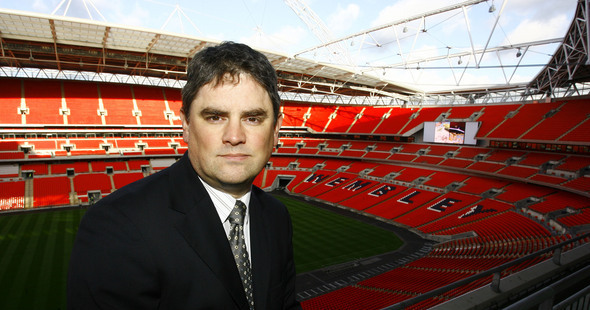What Sports Organisations Can Do To Improve Performance?- Paul Kimberley
January 20, 2012
According to the recent Bellwether Report, business confidence is at a two and a half year low. There was a small glimmer of light offered in that they said that marketing budgets were being revised up slightly but to anyone operating at a club, league or Governing body, these improvements are not filtering through yet, and the outlook is still tough. The recession has squeezed budgets, and marketers seem to be heading towards traditional media and less open to sports partnerships. So what can you do to improve your club/league/NGB performance in the face of a tough market?
Better Communication
Make your existing sponsor relationships work, understand your partner’s objectives and help them deliver on them. Be on the front foot with good news stories and evaluations through the course of a season rather than waiting to produce some kind of end of season essay later on. Communication that is frequent and regular is often the way. Give your clients lots of opportunities to report back good news to their colleagues.
Review Your Inventory
Try packaging things differently. Just because things have always been sold in a set way doesn’t mean they always have to. An example of this is Nascar who have started bundling 5 race sponsor packages together rather than a whole season. This was their way of responding to a tough climate. The hospitality market is changing, particularly with the added pressures from the anti-corruption act. Many large institutions now ask employee’s to keep a record of invitations they accept, and the relevant price. Employee’s get audited every couple of years and asked to keep within limits. This may mean hospitality needs to become more experience based or linked to volunteer or CSR projects. For example many clubs use a trip to a game as the culmination of a participation project, maybe this could be expanded to include a level of hospitality.
It is not all gloom. Sport at its best is great value escapism for spectators, and season tickets that offer a whole season of enjoyment for less money than buying on a match by match basis are a great product. Half season tickets or trial products are also tried and tested means of encouraging an audience.
Promote The Right Culture
Support the sales team. The most successful organisations have a ‘group ethos’ and approach to new businesses where introductions or contacts are made by anyone in the business, and regularly. So encourage your owner, CEO, General Manager, players etc. to feed through contacts. The wrong approach is to think sales is just one department’s responsibility. Commercial Departments can help themselves by involving a wider group in the challenges faced.
Have ‘Bags Of Energy’
Out energize the competition by being brighter and fresher. Arrive in the office an hour earlier, making that extra call or appointment. Attitude rubs off on each other, and the spirit of ‘can-do’ in a tough market is harder to foster, so it is important to support your staff with training, cups of tea or croissants whenever you can.
Know Your Positioning & Save Time
Be clear for what you stand for. It is easy to get involved in projects that don’t help deliver your objectives. The adage about time being money is true, so avoid wasting management time on projects that don’t add value, and measure up opportunities against what your organisation aspires to be.
About Paul Kimberley:
Paul Kimberley is the Commercial Director of the Rugby Football League.
With around 20 years of experience in the sports industry, Paul specialises in the fields of Marketing, Sponsorship, Commercial, Broadcasting and People Management.
Prior to his 8 year stint at the RFL, Paul served as Sponsorship Manager at Leeds United Football Club (2003-2004). Prior to that, he served as the Commercial Director of Rotherham Titans (2202-2003). Paul has also held positions as Manager at PGA European Tour Courses (1996-2001) and as Marketing Manager at the Broadgate Club (1992-1996).
He studied Business at Manchester Metropolitan University.
{jComments on}

